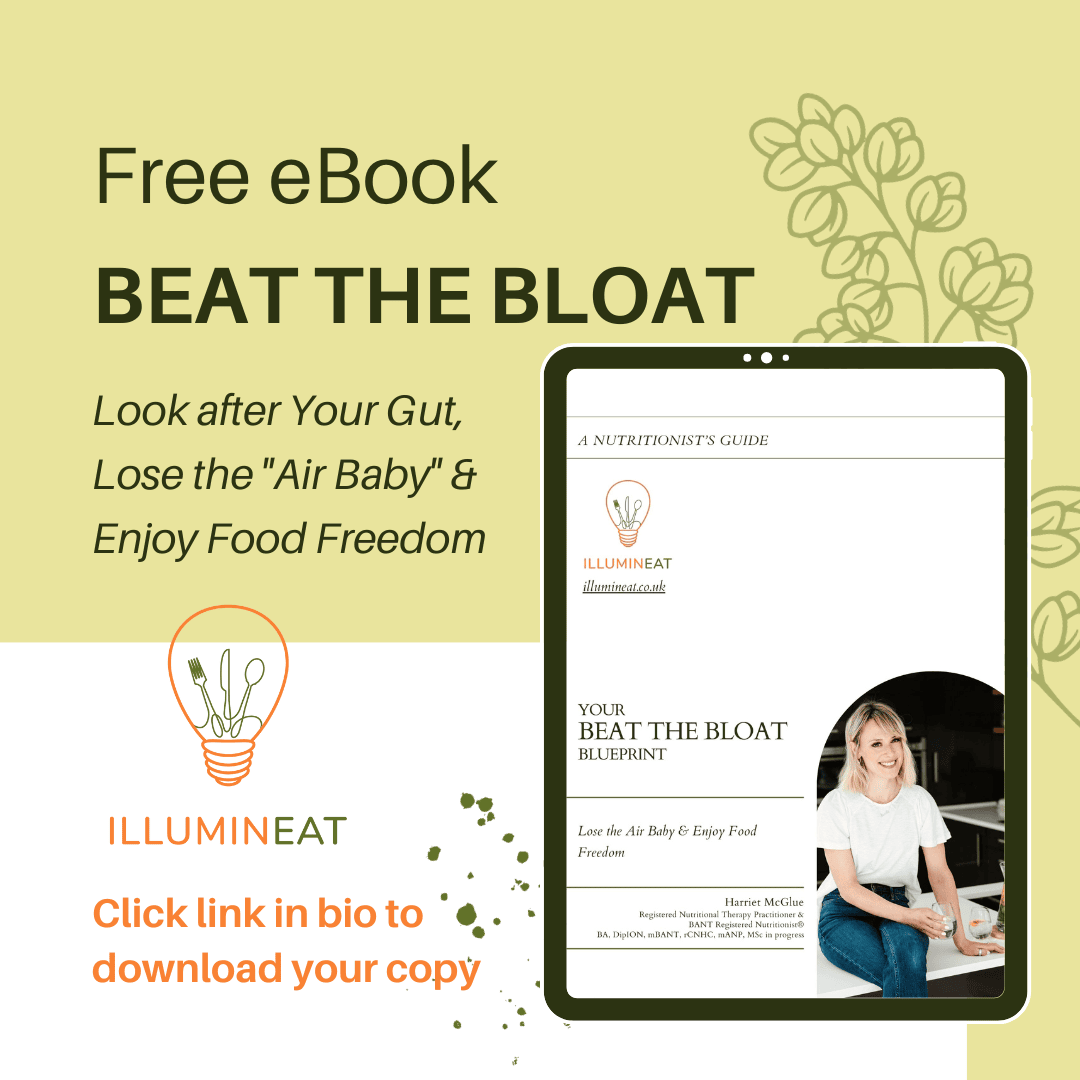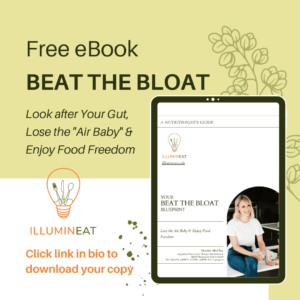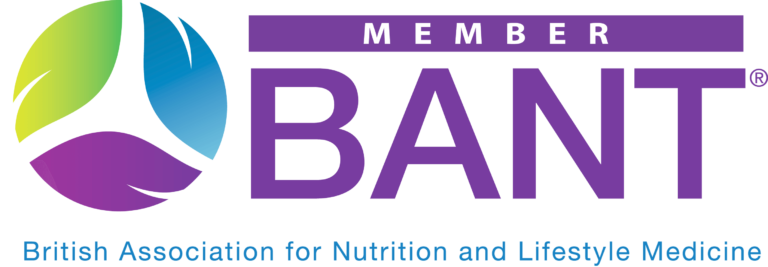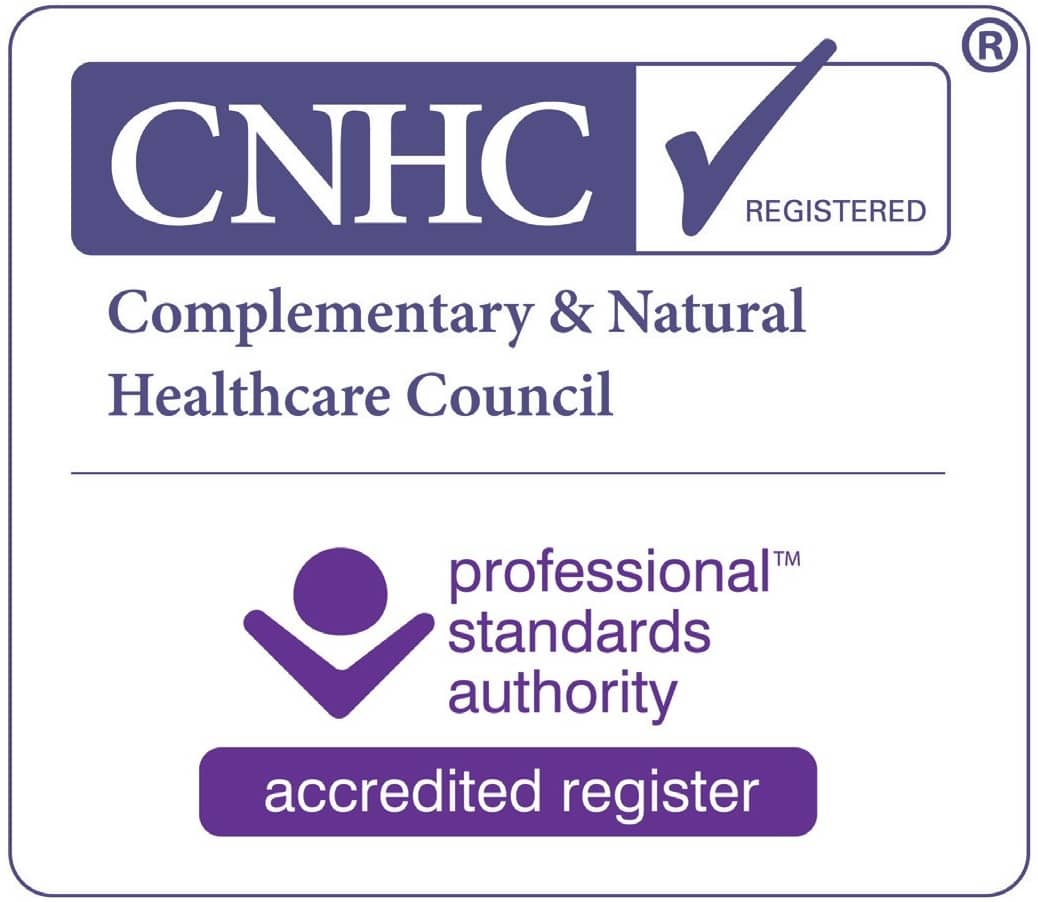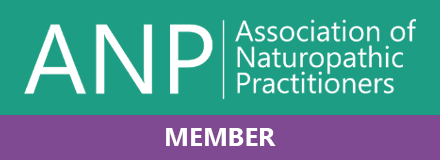
Sugar is not great for us, we all know that. But are sweeteners safe? So often touted as the benign, “guilt-free” sugar-replacement? At least, that’s what diet drink & processed food manufacturers would have us believe…but is there REALLY such a thing as a free meal?
Are sweeteners safe?
As with all additives, sweeteners must pass rigorous “safety” assessments before they can be used. However, many are relatively new so we don’t have much long-term safety data. Also, studies in the past didn’t look at their impact on our gut microbiome because that science is still pretty new!
It’s important to note that, of the studies that have been done, a majority have been animal studies. We can’t always assume the results translate directly to humans.
The calorie-free, guilt-free, “healthy” substitute?
Everywhere we look, we’re surrounded by low and zero-calorie foods and soft drinks…so shouldn’t obesity rates be falling? Type 2 diabetes? Except they’re not. It turns out, there’s more to maintaining a healthy weight that cutting calories.
The science is still evolving but research suggests sweeteners (aspartame, acesulfame K, sucralose, xylitol, stevia etc.) can disrupt normal hormone and nervous system signals that control hunger and satiety (feeling full). They seem to impair glucose tolerance and negatively impact the gut microbiome. Oh, and some might promote some cancers. And yet we are still told sweeteners are safe.
Hormonal & metabolic impact
Because they taste super-sweet (up to 1000x sweeter than normal sugar), our taste buds get stimulated. The brain and body is “tricked” into thinking lots of sugar is coming so ramps up production of fat-storage hormone, insulin. This promotes belly fat.
Ass don’t suppress ghrelin (our “I feel full now” hormone). So we don’t receive the normal hormonal signals that tell us we have been fed, when we consume fake-sweet foods. This means our hunger and calorie consumption can actually increase!
These mechanisms may partly explain why some studies suggest sweeteners are as bad as normal sugar for increasing our risk of weight gain, type 2 diabetes & cardiovascular disease – despite being calorie free!
Addictive
If they are highly addictive, are sweeteners safe? In one alarming study, rats consistently choose sweeteners over coke (the snorting as opposed to drinking kind!) despite being programmed to be coke-addicts. Regularly consuming ultra-sweet foods – whether that’s from sugar or sweeteners – can modulate our taste buds and light up the “reward centre” of the brain so we want & need more. We become less able to appreciate natural sweetness in foods like fruit and vegetables and may eat fewer of them – a particular risk with children.
Microbiome
It’s impossible to talk about much in nutrition and health without mentioning our delightful gut bugs. Many sweeteners are high in polyols (a type of “FODMAP”). Because they are only partly absorbed higher up the GI tract, they can trigger gas, bloating and diarrhoea when they reach the colon. More worryingly, recent research points to a negative impact on our microbiome. This may have ramifications for our metabolic health, immune health & mental health.
Because each of us have a completely unique set of gut bugs, it’s likely we will all respond differently to any given sweetener. One recent study supported this idea: A daily dose of the sweetener saccharin (at a level considered “safe”) over 7 days, worsened blood sugar control in some people but not others.
In pregnancy
Emerging evidence links consumption of sweeteners when pregnant or breastfeeding with taste development in the baby, leading to a preference for sweetness and increased weight at 1 year of age.
Cancer
Hot off the press….We’ve known for decades that aspartame causes cancer in rats, but health and safety authorities have always insisted they are safe (despite hardly any human studies having been conducted). A brand new, large cohort (102,865 adults) study published a few days ago has found that consumers of sweeteners have higher risk of overall cancer, breast cancer and obesity-related cancers compared to non-consumers, with aspartame & acesulfame-K especially implicated.
So, are sweeteners safe? You decide. It seems to me there are several reasons why (a little) of the real deal is almost certainly better than a “sugar free” alternative.





